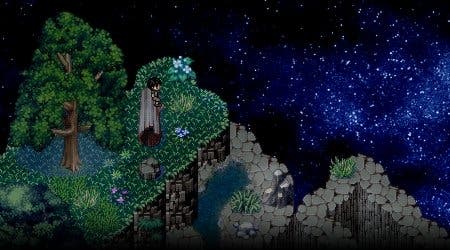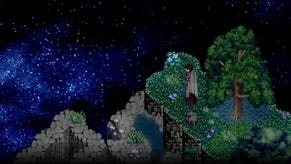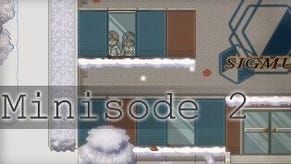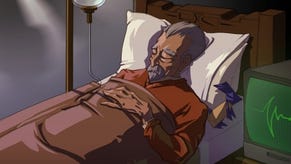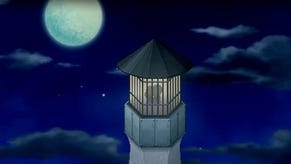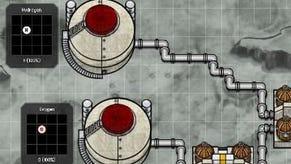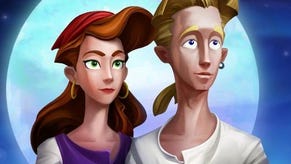To the Moon Review
And beyond.
Most games wouldn't go near the kinds of topics that To the Moon crafts a whole story around. But To the Moon isn't most games. That brings about its own difficulties: when a game is so entirely structured around its fiction, how do I explain why it's brilliant without spoiling what makes it so?
Its scenes, its characters and the very specific issues it takes on are special - without exception. To talk about any of them in detail would be to do this fantastic indie game a great disservice.
I can safely say this. In the future - somewhere around 2060, I'd guess - we will have developed technology that allows us to access the memories of others, and to change the course of a person's life as they perceive it. It's under this premise that two doctors embark on fulfilling the last wish of a dying man called John: to have become an astronaut and visited the moon.
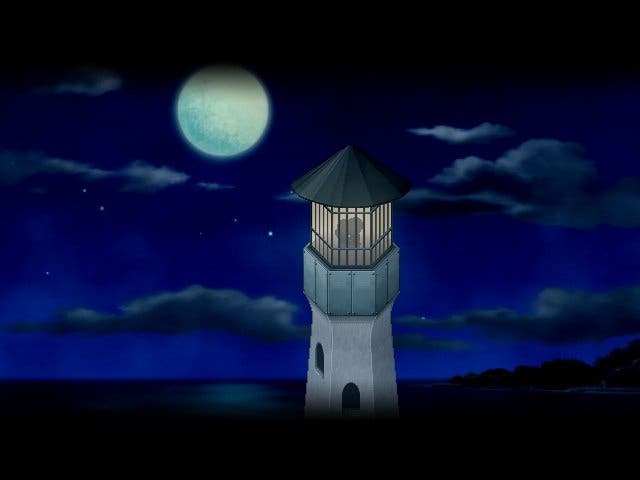
It's a top-down adventure that frames itself visually as a 1990s Japanese role-playing game, while snipping out all the bits that define that genre. In fact, it omits most of what would define any game. Its interactivity is largely confined to the exploration of the man's memories, in which you identify key items before completing - rather perplexingly - a tile-reversal puzzle which allows you to travel further into his past.
With no knowledge of why your client wished to visit the moon, you're given no choice but to travel slowly back through his life, one step at a time, with the intention of planting the seeds of this ambition in his childhood brain.
As such, John's story is told in reverse - a task that requires tremendous courage on the part of the writer. Holding it together demands careful planning and structuring, lest you divulge too much or too little information at inopportune times. Get it wrong, as it is so easy to do, and your entire fiction falls flat. Yet To the Moon tells one of the best, most confident stories I've seen in a game.
And it doesn't just do so by being well-written or full of surprising twists - although it is both - but because it's told with uncommonly keen observation that's woven precisely into the timeline.
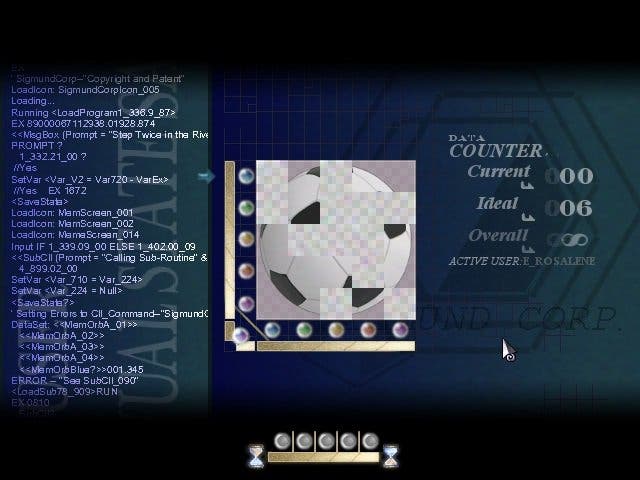
Across its four-or-so hours and seventy-or-so years, To the Moon touches upon deeply personal moments in its central character's life. They range from the most revelatory to the most minute, yet every one is as relevant and poignant as the last. To the Moon is about a life lived: the people, the places, the hardships and joys that make us human.
Flipping the chronology is no gimmick. It allows the story to begin as a blustery mish-mash of half-ideas that crystallise satisfyingly as the years tick backwards. The game never cuts away from important clues to keep up its mystery, but its characters speak to each other as people who've been close for a lifetime. Quite naturally, they don't divulge heaps of information in long, expository scenes.
It's a game of few pixels, but it makes every single one count. Characters' faces - barely a speck on the screen - are extraordinarily expressive, their body language precisely conveyed. And despite featuring just a couple of cut-scenes, To the Moon manages to deliver gloriously cinematic sequences throughout, through its expert command of its art style and a stirring soundtrack filled with perfect motifs. One recurrent location is a cliff-top where a tall lighthouse overlooks the ocean, and it astonishes every time it's used.
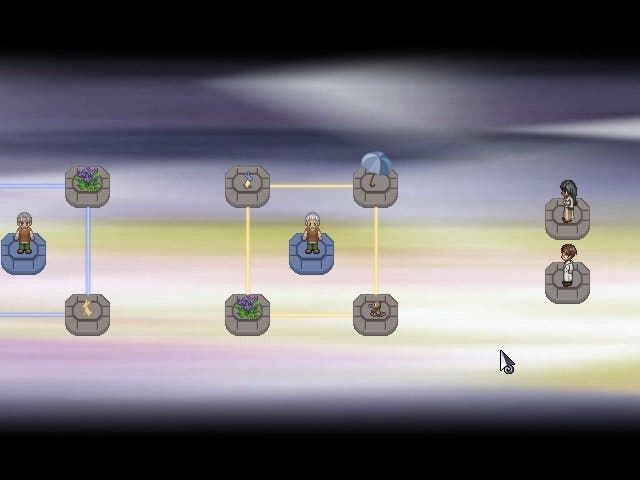
The game's only serious missteps arrive when it doesn't seem quite sure what it wants to be. Early on, it parodies the incongruence of turn-based role-playing combat, and it makes for a great gag. It repeatedly pastiches gaming conventions, the script discussing them in some detail, clearly eager to avoid such stereotypes itself.
But, later, To the Moon sees you fighting zombies and evading environmental obstacles as you chase a character down a long corridor - completely straight-faced. It adds nothing to the game or the plot. It's as if developer Freebird Games, exhausted from telling such an assured story, simply ran out of confidence and caved, submitting to the very conventions it was trying so hard to avoid. And for what purpose?
There is more than enough substance to the game without this sequence, and without the strange tile puzzles that - thankfully - To The Moon drops for its final third. It's far more than just a visual novel, as well, because regardless of how minor your interactions may be, they help to cement a sense of place in the world, a sense that your two characters are just as lost within John's memories as you are.
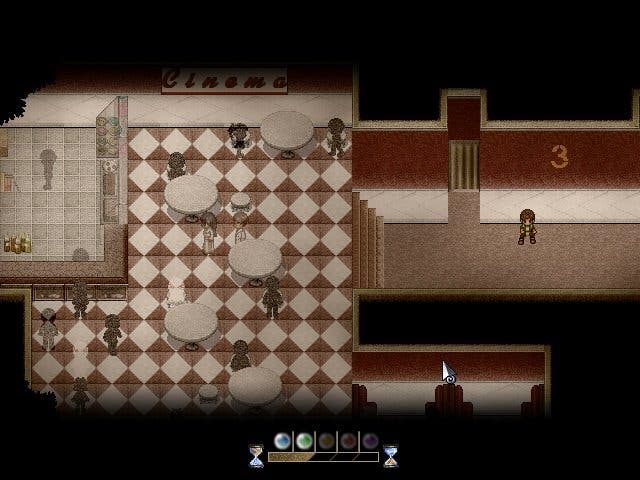
The discoveries and deductions that the pair make aren't just theirs; they're yours too. While the story's several strands tie together by the fabulous ending, To the Moon also asks you to read between the lines and draw your own conclusions. Two significant plot points that the story hinges upon are deliberately obfuscated: they can be inferred from a great many references, but the game never feels the need to spell things out. It's a consistently thoughtful game, and all it asks is that you apply some of the same thoughtfulness to your time with it.
By the end, To the Moon has pushed beyond the limits of its central character's story and become about the issues we all face as our days pass by; it's full of people we know and problems we understand. The convincing banter between the two doctors, the tale of John's carer and her relationship with her children, the stories of friends and families and how they intersect along the passage of life... To the Moon takes the details of human life in its stride, and delivers them with a breezy effortlessness.
